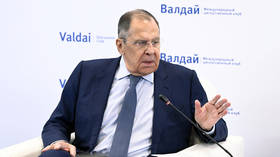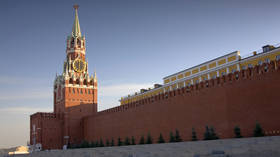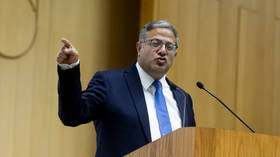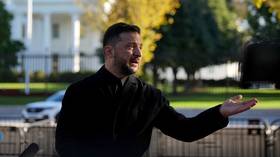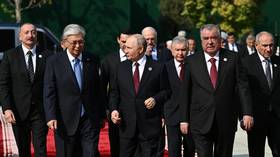Boycott Eurovision if Israel is banned – Germany’s Merz
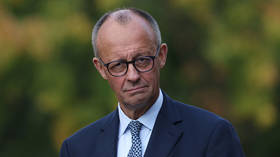
Germany could withdraw from Eurovision 2026 if Israel is excluded, Chancellor Friedrich Merz stated on Monday. The organizers of the contest have been facing mounting pressure for a ban due to the worsening humanitarian situation in Gaza.
In an interview with ARD, Merz was asked whether Germany should voluntarily pull out of Eurovision in the event Israel is disinvited.
”I would support this,” he responded, adding, “I think it’s a scandal that this is even being discussed. Israel has a place there.”
Germany is part of Eurovision’s so‑called ‘Big Five’ that contribute the most financially to the contest, along with France, Italy, Spain, and the UK.
While France has affirmed its participation regardless of Israel’s status, Spain, the Netherlands, Ireland, Iceland, and Slovenia have threatened to withdraw if the country is not banned.
Under mounting pressure, the European Broadcasting Union (EBU) announced plans last month for an unprecedented online vote in November that could determine whether Israel is expelled from Eurovision 2026.
In a letter to member broadcasters, EBU president Delphine Ernotte Cunci acknowledged the “unprecedented diversity of views” on the issue of Israel’s participation and said the vote would occur at an extraordinary general assembly.
Israel’s broadcaster KAN responded by voicing “hope that the Eurovision Song Contest will continue to maintain its cultural and apolitical character,” but warned that exclusion “could be a step with wide‑ranging implications.”
Though describing itself as “apolitical” the EBU banned Russia from the contest in 2022 following the escalation of the Ukraine conflict. Moscow has repeatedly condemned reprisals against artists, insisting that attempts to “cancel” Russian culture abroad will ultimately fail.
However, Israel has continued competing despite international concern about its actions in Gaza.
The war began on October 7, 2023, when Hamas launched an attack on Israel, killing around 1,200 people and taking 251 hostages. Since then, Israel’s military campaign in Gaza has led to the deaths of over 67,000 Palestinians, according to the local health authorities.
The 70th edition of Eurovision is slated to take place in Vienna, Austria, with the grand finale on May 16, 2026.
